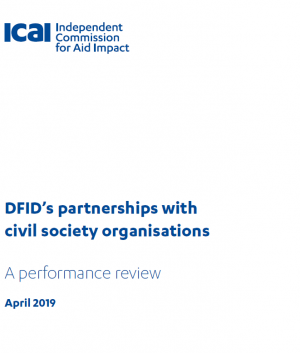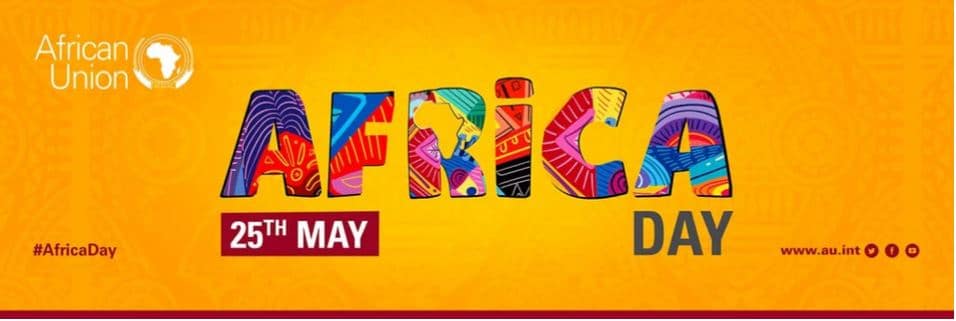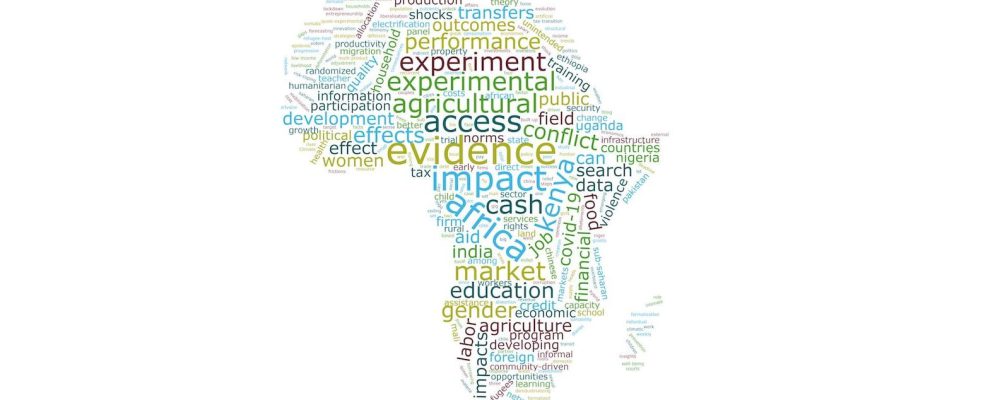- The Independent Commission for Aid Impact (ICAI) states that DFID values civil society organisations (CSOs), but its funding and partnership practices do not fully support the long-term DFID’s views on the role and potential value of CSOs are clear and consistent.
- DFID has reduced the number of its centrally managed funding instruments and introduced stringent requirements, thereby improving CSO transparency and accountability.
- However, these strict requirements, in combination with time-consuming and costly application processes and a short-term project-based funding model, limit the ability of CSO partners to ensure their relevance, health and adaptability.
- The wider UK government lacks clear objectives on how to achieve the UK’s goal of protecting and expanding civic space.
- Weak process management and poor management of the review period’s many disruptive events led to unreliable and unpredictable donor behaviour at all stages of the process leading up to contracts and funding agreements.
- CSO partners saw DFID as a supportive donor once project implementation had begun.
- DFID has recognised, but not yet filled, important knowledge gaps on how different funding mechanisms affect the results of CSO work for poor people.
Recommendations:
- DFID should fill gaps in the knowledge needed to optimise the design of its central funding instruments.
- Throughout DFID’s central and in-country portfolios, the process towards funding agreements should be more efficient, predictable, reliable and transparent, and should allow CSOs sufficient time to develop proposals.
- Throughout its central and in-country portfolios, DFID should have a stronger focus on the long-term results of its CSO-implemented programmes, the localisation of development and humanitarian efforts, and its CSO partners’ long-term capacity to deliver relevant results in evolving contexts.
- DFID should do more to encourage CSO-led innovation, and to recognise and promote the uptake of innovation successes.
- DFID should provide a guiding framework for country offices on how to analyse and respond to closing civic space within a national context, and work with other UK government departments to agree a joint approach to addressing the decline of civic space at the international level.








